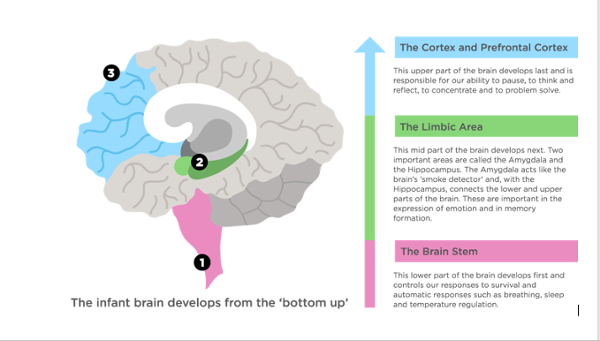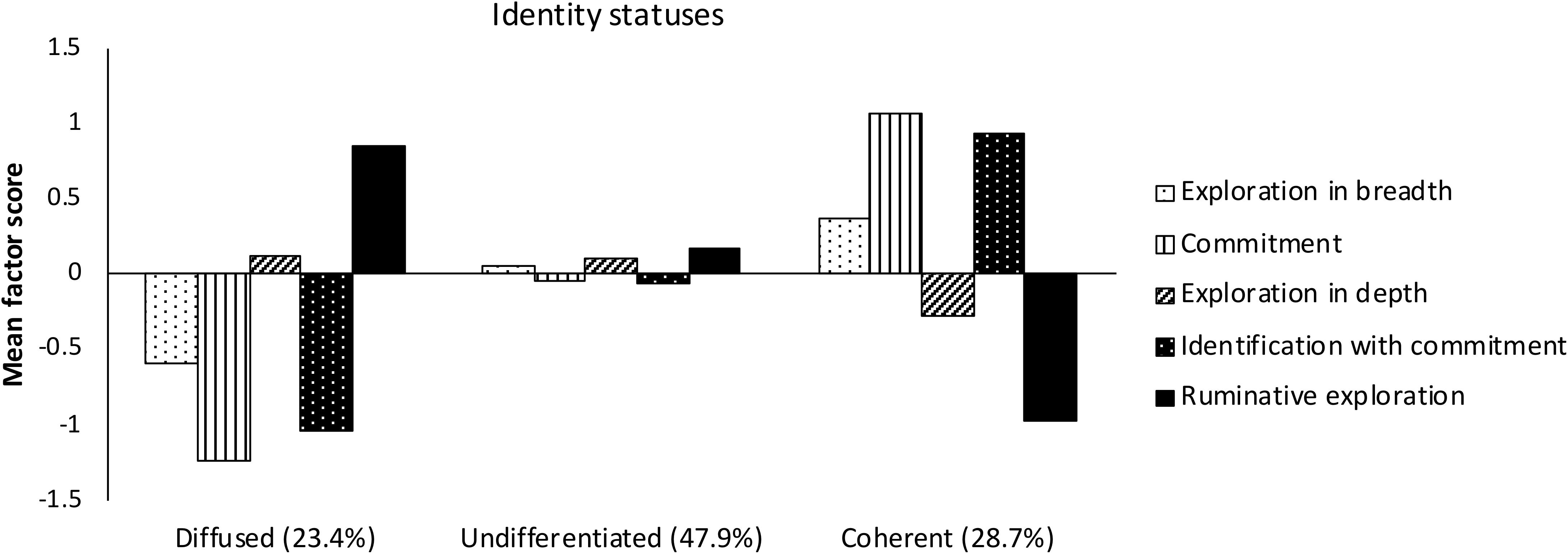Introduction
Imagine your life as a movie playing from start to finish. You remember the scenes, the emotions, the people, and the plot that makes you who you are. Now imagine if some scenes—the most painful ones—are either missing, jumbled, or playing on repeat, completely out of order. For people who experience trauma, this isn’t just imagination—it’s reality.
Trauma has a profound impact on how our brains store memories and how we perceive time and ourselves. This can leave survivors feeling stuck in the past, disoriented, or even disconnected from their own identity.
Read More- Trauma Informed Care
What Happens in the Brain During Trauma?
When a traumatic event occurs—whether it’s an accident, abuse, disaster, or combat—our brain’s survival mechanisms kick into high gear. The body floods with stress hormones like adrenaline and cortisol, preparing for “fight, flight, or freeze.” While this helps immediate survival, it profoundly alters brain functioning.

Amygdala
The amygdala is the emotional center that detects threats and triggers fear responses. During trauma, it becomes hyperactive, locking in intense emotional memories. This is why traumatic memories often feel vivid and emotionally charged.
Hippocampus
The hippocampus helps encode memories in a structured, chronological order, allowing us to place events in time and context. Under trauma’s stress, hippocampus functioning diminishes, leading to fragmented, disorganized memories that lack context.
Prefrontal Cortex
The prefrontal cortex normally helps regulate emotions and make sense of experiences. During trauma, it becomes less active, reducing our ability to process and rationalize what happened.
Fragmented Memories and Distorted Time
Because the hippocampus and prefrontal cortex are compromised, survivors often recall traumatic events in fragments or flashbacks rather than coherent narratives. These memories don’t feel like “past” experiences but are relived as if they’re happening in the present.
This phenomenon can be seen in Post-Traumatic Stress Disorder (PTSD), where intrusive memories invade daily life, and the sense of time collapses—past trauma feels immediate and overwhelming.
Trauma’s Impact on Sense of Self and Identity
Our identity is largely constructed through autobiographical memory—our story of who we are based on what we’ve experienced over time. When trauma disrupts memory integration, it also disrupts identity.

Many survivors report feeling “split” or “disconnected” from themselves. They might describe feeling like a different person before and after the trauma, or struggling to recognize who they are anymore.
Research has identified disruptions in the default mode network (DMN)—a brain network involved in self-referential thinking—in individuals with PTSD. These disruptions contribute to difficulties in maintaining a stable self-image and autobiographical continuity (Lanius et al., 2015).
How Do Trauma Memories Differ from Regular Memories?
Normal memories tend to be:
- Sequential: events linked in a logical timeline
- Contextual: associated with time and place
- Integrated: fitting into a broader narrative about life
Trauma memories are often:
- Fragmented: sensory impressions or emotions disconnected from narrative
- Timeless: lacking clear “before” or “after” markers
- Intrusive: popping up involuntarily, sometimes with intense emotions
This makes it hard for survivors to “move on,” as their brains are stuck replaying the trauma.
The Role of Dissociation in Memory and Identity
To cope with overwhelming trauma, many individuals experience dissociation—a mental escape where parts of consciousness disconnect from reality. This can manifest as memory gaps, feelings of detachment, or out-of-body experiences.

While dissociation helps survival in the moment, long-term it complicates memory integration and self-coherence.
Reintegrating Time, Memory, and Self
Understanding trauma’s neurological impact has led to the development of trauma-informed therapies that aim to help survivors reconstruct a cohesive narrative and reclaim their identity.
- Trauma-Focused Cognitive Behavioral Therapy (TF-CBT)- TF-CBT helps survivors gradually confront and reframe traumatic memories within a safe environment, supporting cognitive integration.
- Eye Movement Desensitization and Reprocessing (EMDR)– EMDR uses bilateral stimulation (like eye movements) to help process and desensitize traumatic memories, promoting better organization in the brain.
- Narrative Therapy- This therapy focuses on helping individuals tell their trauma stories in their own words, restoring control and coherence.
- Mindfulness and Somatic Therapies- Mindfulness helps survivors reconnect with the present moment and bodily sensations, reducing dissociation and promoting emotional regulation.
Conclusion
Trauma doesn’t just hurt—it warps the very way we remember and understand ourselves and our place in time. The fractured memories and distorted identity it causes are the brain’s way of protecting us, but they come with a heavy price.
By shining light on the neuroscience of trauma and embracing trauma-informed care, we can help survivors piece together their stories, reclaim their identities, and move from fragmentation toward wholeness.
References
Lanius, R. A., Frewen, P. A., Tursich, M., Jetly, R., & McKinnon, M. C. (2015). Restoring large-scale brain networks in PTSD and related disorders: a proposal for neuroscientifically-informed treatment interventions. European Journal of Psychotraumatology, 6(1), 27313. https://www.ncbi.nlm.nih.gov/pmc/articles/PMC7594748/
Brewin, C. R. (2011). The nature and significance of memory disturbance in posttraumatic stress disorder. Annual Review of Clinical Psychology, 7, 203–227.
van der Kolk, B. A. (2015). The Body Keeps the Score: Brain, Mind, and Body in the Healing of Trauma. Viking.
Subscribe to PsychUniverse
Get the latest updates and insights.
Join 3,044 other subscribers!
Niwlikar, B. A. (2025, June 9). How Trauma Disintegrates Memories and 4 Clinical Solutions To It. PsychUniverse. https://psychuniverse.com/trauma-disintegrates-memories/



